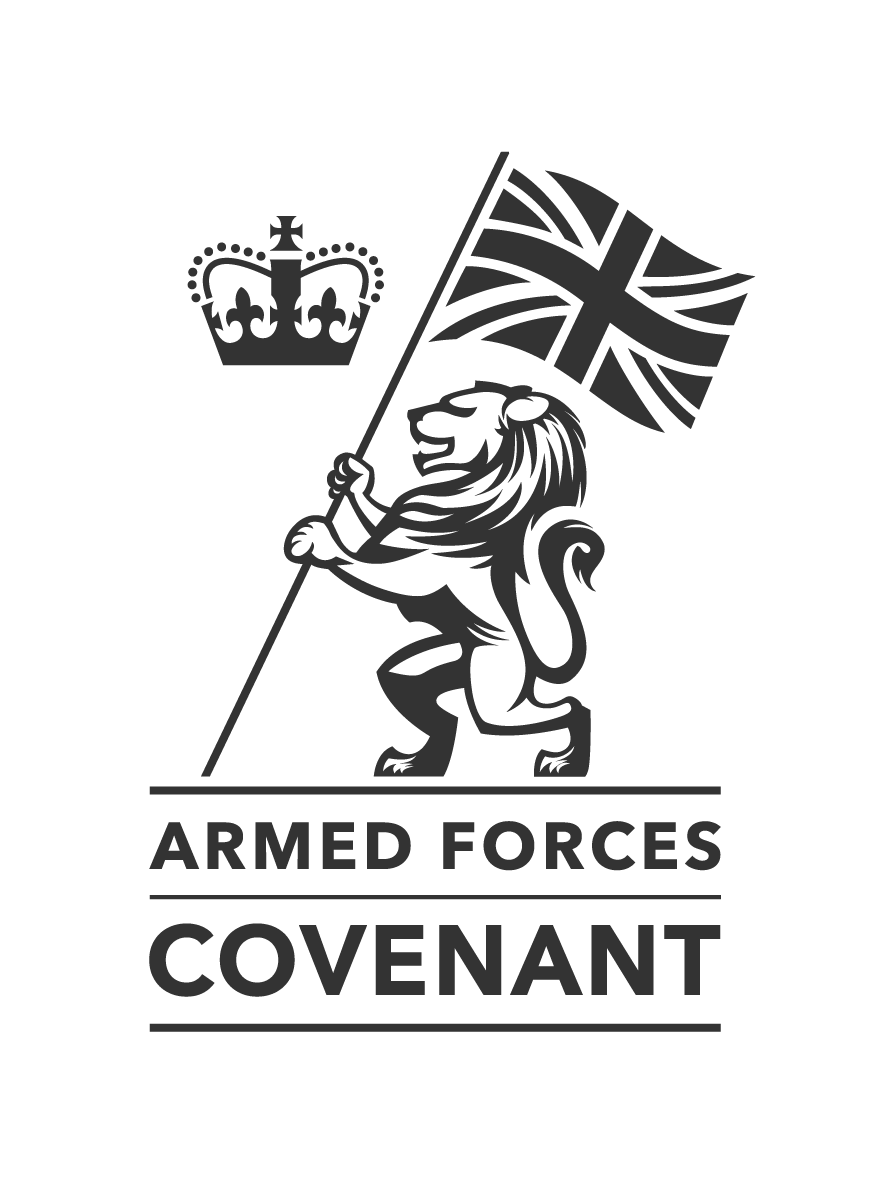Explaining Bereavement to Children
Posted on February 14th, 2021

While the passing of a loved one is very tough for anyone, as adults, we are in theory able to have some level of understanding about death and why it happens – far more than a child often can. Explaining bereavement and talking about grief can be particularly difficult with children, especially striking a balance between being clear and honest about the situation whilst giving them age-appropriate information.
Once we help a child to understand death to a certain level, it can be easier to support them through their own grieving process. Of course, usually as a parent or relative, you will know best about how to communicate with your child but read on for some advice on explaining bereavement to young people.
Be Clear and Concise…
Quite a lot of guidance advises avoiding vague terms such as ‘passed away’ or ‘no longer with us’ with children, as this can cause confusion and does not clearly explain what has happened. Although it may sound blunt, simply using the terms ‘they have died’ can be more beneficial for a child, as there is less room for misunderstanding. A good example could be: “I need to tell you something that is sad. As you know, Grandma has been very poorly and her illness got worse, and because of this, she has died.”
Be There for the Reaction…
Once you have given them a little time to take in your words, you can never be sure how a child or young person might react to this kind of news. They might have an immediate reaction such as crying, or they may not have any reaction initially while they begin to comprehend what you have told them; both of these responses are ok. Answer any questions they have as truthfully as you can, in a way that you feel is appropriate for the child’s age – and when you don’t know the answer, it’s alright to be honest about that. Make sure to keep talking to your child through this grieving process, encouraging them to express their feelings and offering them support.
Explaining What Death Means…
Even though you may have used the words ‘they have died’, a young child may not understand what this really means. Be patient with their questions, explaining truthfully and in simple terms where possible. Telling them that a person’s body is still here but it no longer needs food or water, and can no longer move, think or speak – and that their life, personality and ‘soul’ has gone (away, or to somewhere else) – are some suggestions. Equally, being honest about the fact that people have different opinions and beliefs about what happens after you die, could be what you prefer – or you could ask them and talk about what they think might happen after someone dies.
If the child wants to see the person that has died, if this is an option, some experts suggest allowing them to do so (if you think this is suitable), making sure they know they can change their minds at any point. Seeing this may help them to understand and bring some level of closure to the child as well as giving a chance to say goodbye ‘in person’.
The Funeral…
Another way to help a child through the process of grieving a death is to have them involved in the funeral planning – ask them if they would like to draw a picture for their late loved one, or if there is a specific song or poem they would like to be played or read out at the funeral. Older children should be given a choice on whether or not they would like to attend a funeral but taking a smaller child may be something that they appreciate in the future.
Freedom Funerals are always here to help you, and your children, through this hard time. Our team are on hand 24 hours a day if you need some advice, and we’re happy to cater wherever possible to the requirements you have when planning a funeral… just give us a call on 01206 862 963 if you need to chat.






















